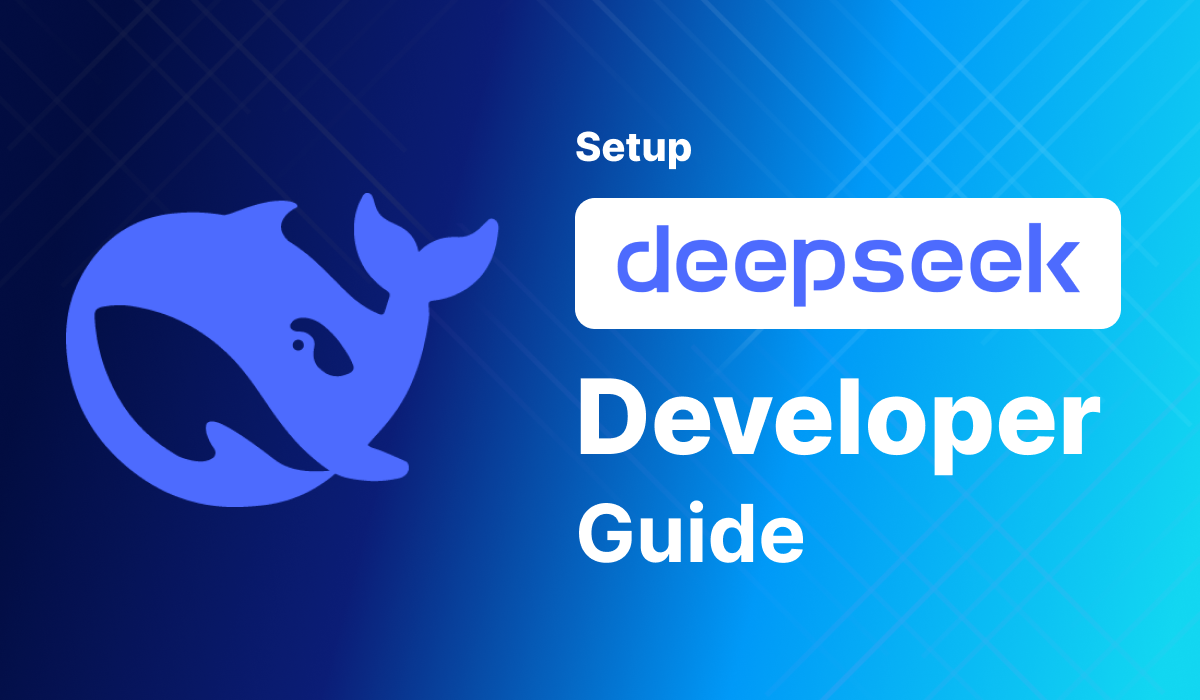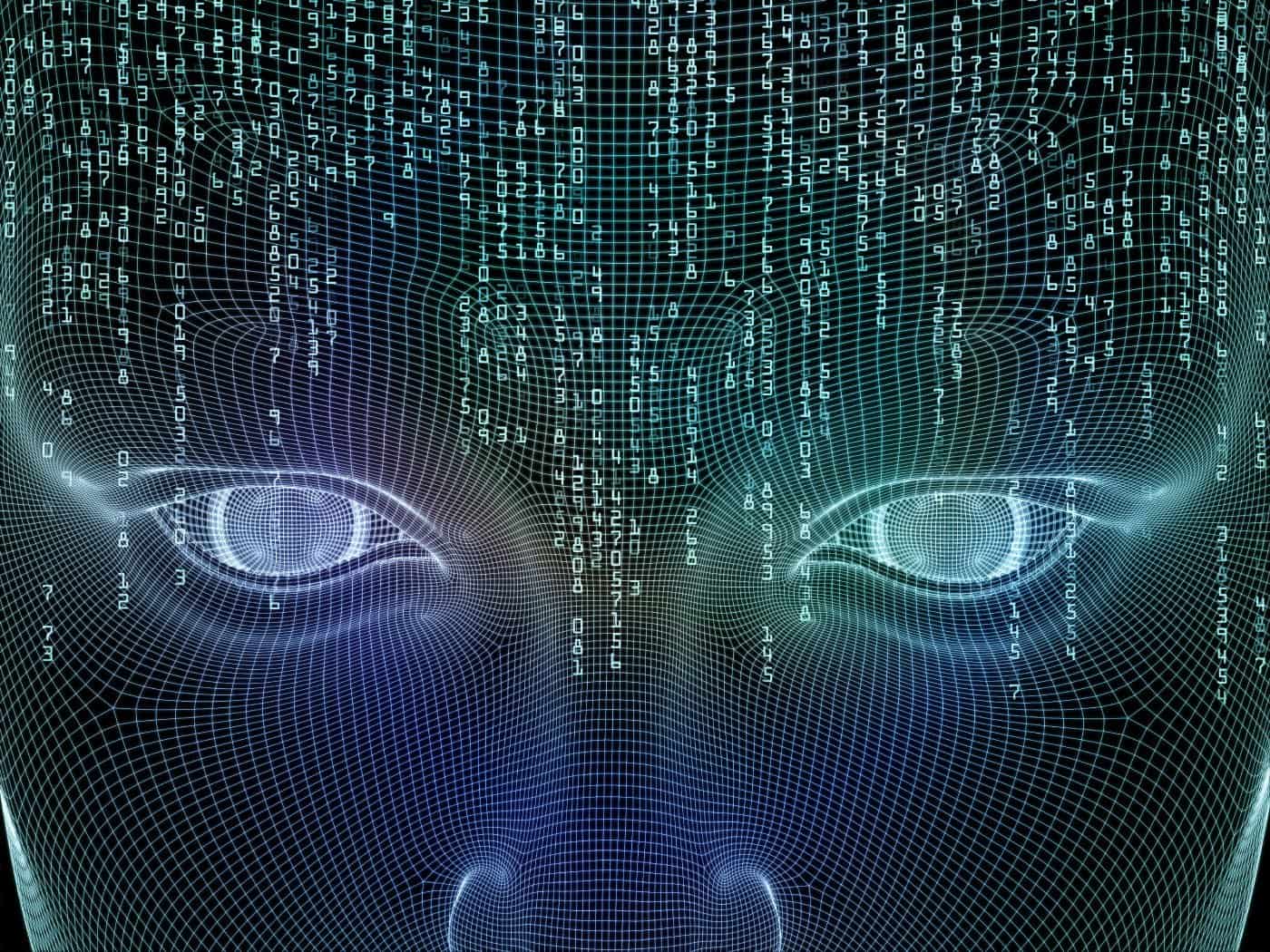For Christmas I got an intriguing gift from a friend - my very own "best-selling" book.

"Tech-Splaining for Dummies" (terrific title) bears my name and my photo on its cover, and it has glowing reviews.

Yet it was totally written by AI, with a couple of basic prompts about me provided by my buddy Janet.

It's an interesting read, and uproarious in parts. But it likewise meanders rather a lot, and is someplace in between a self-help book and a stream of anecdotes.
It mimics my chatty style of composing, however it's also a bit repetitive, and very verbose. It might have surpassed Janet's triggers in looking at information about me.
Several sentences start "as a leading innovation journalist ..." - cringe - which might have been scraped from an online bio.
There's also a strange, repeated hallucination in the kind of my cat (I have no pets). And there's a metaphor on almost every page - some more random than others.
There are dozens of companies online offering AI-book composing services. My book was from BookByAnyone.
When I contacted the chief executive Adir Mashiach, based in Israel, he informed me he had sold around 150,000 customised books, primarily in the US, because rotating from assembling AI-generated travel guides in June 2024.
A paperback copy of your own 240-page long best-seller expenses ₤ 26. The firm uses its own AI tools to produce them, based on an open source big language design.

I'm not asking you to buy my book. Actually you can't - only Janet, who created it, can buy any more copies.
There is presently no barrier to anyone creating one in any person's name, including celebrities - although Mr Mashiach states there are guardrails around abusive material. Each book consists of a printed disclaimer mentioning that it is imaginary, drapia.org created by AI, and developed "solely to bring humour and delight".
Legally, the copyright comes from the company, addsub.wiki but Mr Mashiach worries that the product is planned as a "personalised gag gift", and the books do not get offered further.
He wants to expand his range, creating various genres such as sci-fi, and perhaps offering an autobiography service. It's designed to be a light-hearted form of customer AI - offering AI-generated products to human clients.
It's likewise a bit scary if, like me, you write for a living. Not least due to the fact that it most likely took less than a minute to generate, and it does, certainly in some parts, sound similar to me.
Musicians, authors, artists and actors worldwide have actually revealed alarm about their work being utilized to train generative AI tools that then churn out similar material based upon it.
"We need to be clear, when we are talking about information here, we in fact indicate human developers' life works," states Ed Newton Rex, creator of Fairly Trained, which projects for AI firms to respect creators' rights.
"This is books, this is posts, this is images. It's artworks. It's records ... The entire point of AI training is to discover how to do something and then do more like that."
In 2023 a tune featuring AI-generated voices of Canadian vocalists Drake and The Weeknd went viral on social networks before being pulled from streaming platforms due to the fact that it was not their work and they had not granted it. It didn't stop the track's developer attempting to nominate it for a Grammy award. And although the artists were fake, it was still extremely popular.
"I do not think the usage of generative AI for innovative purposes must be prohibited, but I do think that generative AI for these purposes that is trained on people's work without authorization should be banned," Mr Newton Rex adds. "AI can be really effective however let's develop it morally and relatively."
OpenAI states Chinese competitors utilizing its work for their AI apps
DeepSeek: The Chinese AI app that has the world talking
China's DeepSeek AI shakes industry and damages America's swagger

In the UK some organisations - consisting of the BBC - have selected to block AI designers from trawling their online content for training purposes. Others have actually chosen to collaborate - the Financial Times has actually partnered with ChatGPT developer OpenAI for instance.
The UK government is considering an overhaul of the law that would allow AI developers to use creators' material on the web to assist establish their models, unless the rights holders pull out.
Ed Newton Rex explains this as "madness".
He explains that AI can make advances in areas like defence, health care and logistics without trawling the work of authors, journalists and artists.
"All of these things work without going and changing copyright law and destroying the livelihoods of the country's creatives," he argues.
Baroness Kidron, a crossbench peer in the House of Lords, is likewise strongly against eliminating copyright law for AI.
"Creative industries are wealth developers, 2.4 million jobs and a whole lot of pleasure," says the Baroness, who is also an advisor to the Institute for Ethics in AI at Oxford University.
"The government is undermining one of its best carrying out industries on the unclear promise of growth."
A government representative said: "No relocation will be made up until we are absolutely confident we have a practical plan that delivers each of our goals: increased control for ideal holders to assist them license their material, access to high-quality material to train leading AI designs in the UK, and more openness for best holders from AI designers."
Under the UK federal government's new AI plan, a nationwide information library consisting of public data from a wide variety of sources will also be provided to AI researchers.
In the US the future of federal guidelines to manage AI is now up in the air following President Trump's return to the presidency.
In 2023 Biden signed an executive order that intended to enhance the safety of AI with, to name a few things, companies in the sector required to share information of the operations of their systems with the US government before they are launched.
But this has now been rescinded by Trump. It remains to be seen what Trump will do rather, but he is stated to desire the AI sector to face less guideline.
This comes as a number of claims against AI firms, and especially against OpenAI, continue in the US. They have been secured by everybody from the New York Times to authors, wiki.armello.com music labels, and even a comic.
They declare that the AI companies broke the law when they took their content from the internet without their permission, wiki.lafabriquedelalogistique.fr and utilized it to train their systems.
The AI companies argue that their actions fall under "reasonable usage" and are for that reason exempt. There are a variety of factors which can constitute fair use - it's not a straight-forward definition. But the AI sector is under increasing examination over how it collects training information and whether it should be spending for it.
If this wasn't all enough to contemplate, Chinese AI company DeepSeek has shaken the sector over the previous week. It became the most downloaded free app on Apple's US App Store.
DeepSeek claims that it developed its technology for coastalplainplants.org a fraction of the rate of the likes of OpenAI. Its success has actually raised security issues in the US, and threatens American's existing supremacy of the sector.
When it comes to me and a profession as an author, I think that at the minute, if I really desire a "bestseller" I'll still have to compose it myself. If anything, Tech-Splaining for Dummies highlights the present weak point in generative AI tools for larger tasks. It has lots of inaccuracies and hallucinations, and it can be rather difficult to check out in parts since it's so verbose.
But given how rapidly the tech is evolving, I'm not exactly sure the length of time I can stay confident that my considerably slower human writing and modifying skills, are much better.

Register for our Tech Decoded newsletter to follow the biggest advancements in global innovation, with analysis from BBC reporters around the world.
Outside the UK? Sign up here.















